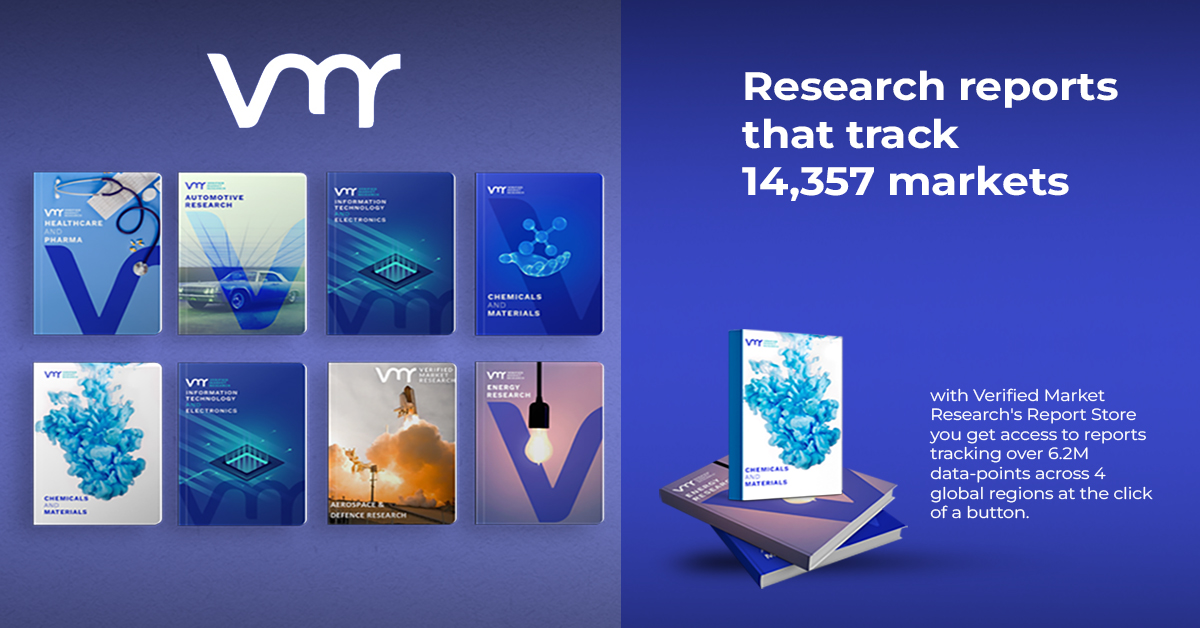Secure Logistics Market: Key Developments and Trends Shaping the Future
In an era where the global economy increasingly relies on efficient and secure supply chains, the secure logistics market is undergoing significant transformation. With advancements in technology, heightened security concerns, and evolving consumer demands, this sector is more dynamic than ever. In this comprehensive article, we’ll explore the latest developments, key trends, and future outlook of the secure logistics market.
Understanding Secure Logistics
Secure logistics refers to the processes and systems in place to ensure the safe transportation and storage of goods, particularly those that are sensitive, high-value, or require special handling. This includes various sectors such as pharmaceuticals, electronics, and even food and beverages. As threats like cyberattacks, theft, and fraud continue to rise, the need for secure logistics solutions has become paramount.
The Importance of Secure Logistics
- Protection Against Threats: With the rise of global trade, logistics chains have become increasingly vulnerable to various risks. Secure logistics minimizes the chances of theft, counterfeiting, and tampering.
- Regulatory Compliance: Industries such as pharmaceuticals and food have strict regulations regarding transportation and storage. Secure logistics ensures compliance with these regulations, avoiding costly fines and legal repercussions.
- Enhanced Customer Trust: Businesses that prioritize secure logistics foster greater trust among customers, leading to improved brand loyalty and potentially higher sales.
Current Trends Influencing the Secure Logistics Market
1. Integration of Advanced Technologies
The integration of technologies such as IoT (Internet of Things), AI (Artificial Intelligence), and blockchain is revolutionizing secure logistics. These innovations enhance tracking capabilities, improve risk management, and facilitate real-time data analysis.
- IoT Devices: IoT sensors are being used to monitor conditions during transportation, ensuring that goods are kept in optimal conditions. This is especially critical for temperature-sensitive products like pharmaceuticals.
- Blockchain Technology: By providing a transparent and immutable record of transactions, blockchain helps in tracking the provenance of goods, thereby minimizing the risk of fraud and ensuring compliance.
2. Growing Demand for Cybersecurity Measures
As logistics companies become more digital, they face increasing cybersecurity threats. Companies are investing heavily in cybersecurity measures to protect sensitive data and ensure operational continuity.
- Cybersecurity Training: Employees are receiving training to recognize phishing attempts and other cyber threats.
- Investment in Security Software: Firms are deploying advanced security solutions that utilize AI to detect and respond to threats in real time.
3. Emphasis on Sustainability
Sustainability is becoming a critical focus for the logistics industry. Companies are seeking ways to minimize their environmental impact while ensuring the security of their operations.
- Green Logistics: Initiatives such as route optimization and the use of electric vehicles not only enhance efficiency but also contribute to a lower carbon footprint.
- Sustainable Packaging: Companies are adopting sustainable packaging materials that reduce waste and environmental harm, aligning with customer expectations for eco-friendly practices.
4. Increased Regulatory Scrutiny
With heightened awareness of supply chain vulnerabilities, regulatory bodies are imposing stricter guidelines on secure logistics practices. Companies must now comply with more comprehensive standards to ensure the safety and security of their supply chains.
- Traceability Requirements: Many industries are now required to maintain traceability throughout the supply chain, which is essential for recall management in case of product safety issues.
Key Players in the Secure Logistics Market
Several companies are at the forefront of developing innovative secure logistics solutions. Their contributions are shaping the industry’s future.
1. DHL Supply Chain
DHL is leveraging advanced technologies such as IoT and AI to enhance its secure logistics services. They focus on real-time visibility and risk management, which are crucial for maintaining security throughout the supply chain.
2. FedEx
FedEx has invested significantly in cybersecurity to protect customer data and enhance operational resilience. Their Secure Logistics service provides tailored solutions for high-value shipments, ensuring maximum safety during transit.
3. UPS
UPS employs a range of technologies, including GPS tracking and electronic seal systems, to secure shipments. Their focus on compliance and risk management has made them a leader in the secure logistics sector.
Future Outlook for the Secure Logistics Market
The secure logistics market is expected to grow significantly in the coming years. According to industry forecasts, the market is projected to reach $300 billion by 2027, driven by the increasing complexity of supply chains and the growing emphasis on security.
Potential Challenges
- Evolving Threat Landscape: As security threats continue to evolve, logistics companies must remain vigilant and adapt their strategies accordingly.
- Balancing Cost and Security: Companies often struggle to find the right balance between implementing secure logistics solutions and managing operational costs.
- Skill Shortages: The demand for skilled professionals in logistics and cybersecurity is outpacing supply, leading to potential gaps in expertise.
Opportunities for Growth
- Adoption of Automation: Automated systems can streamline secure logistics processes, reducing the risk of human error.
- Expansion into Emerging Markets: As global trade continues to expand, companies can tap into emerging markets where secure logistics solutions are still developing.
The secure logistics market is on the brink of significant evolution, driven by technological advancements, regulatory changes, and growing consumer expectations. By understanding the current trends and preparing for future challenges, companies can enhance their secure logistics operations, ultimately leading to improved efficiency, compliance, and customer trust.
As we move forward, staying informed about these developments will be crucial for anyone involved in logistics and supply chain management. The secure logistics market represents not only a response to current threats but also a proactive approach to future challenges, ensuring that goods are transported safely and securely around the globe.









